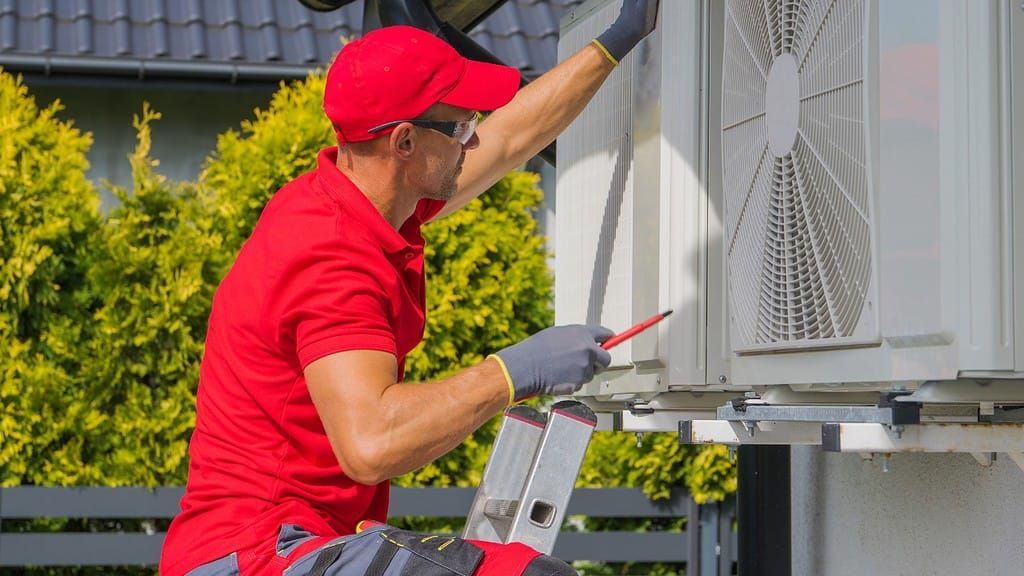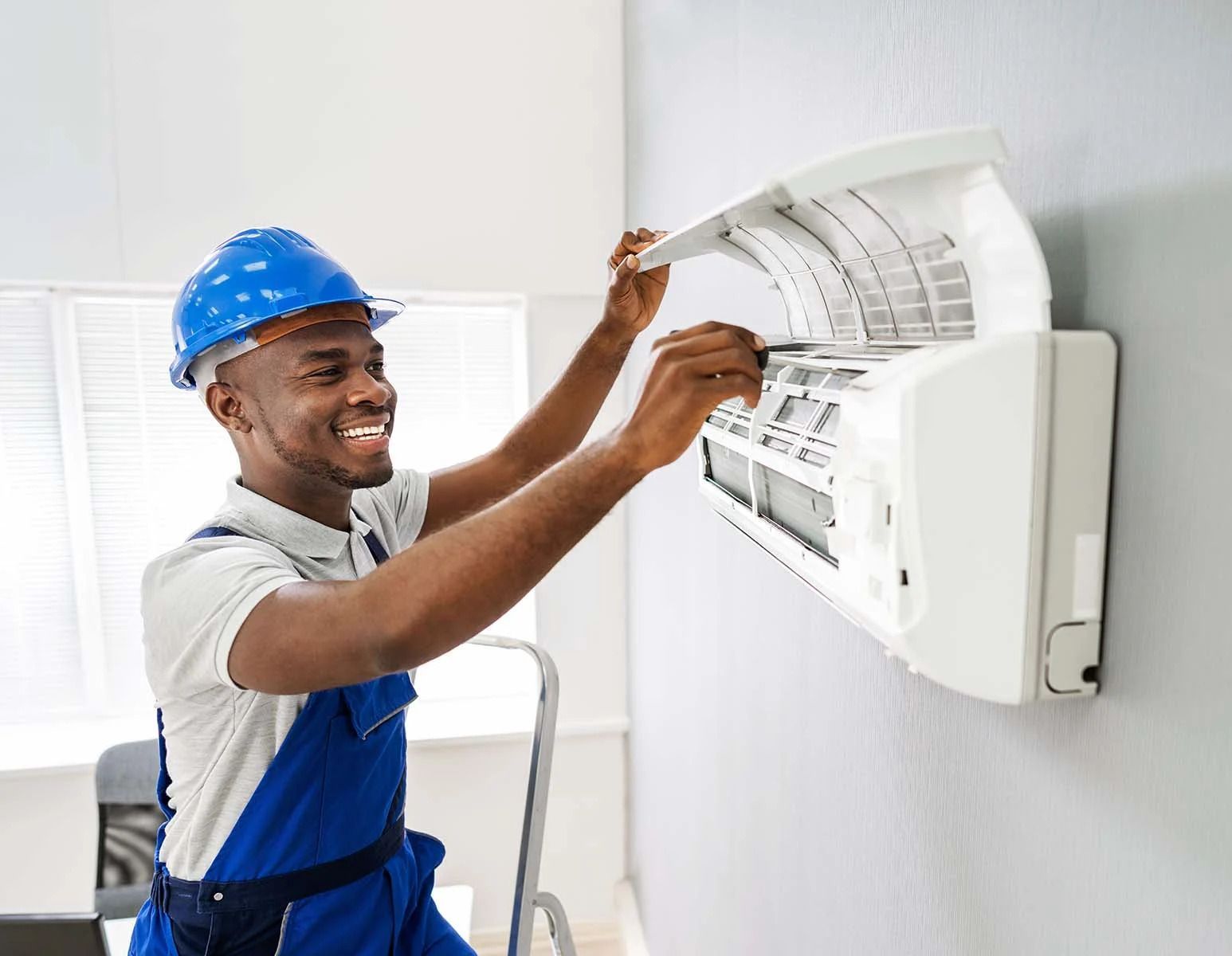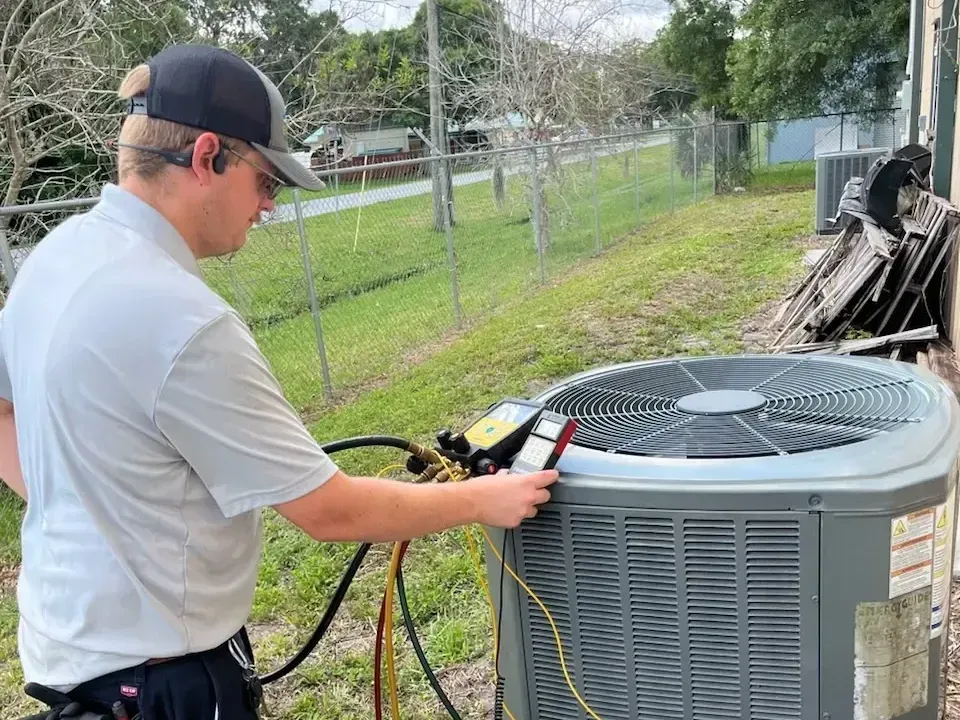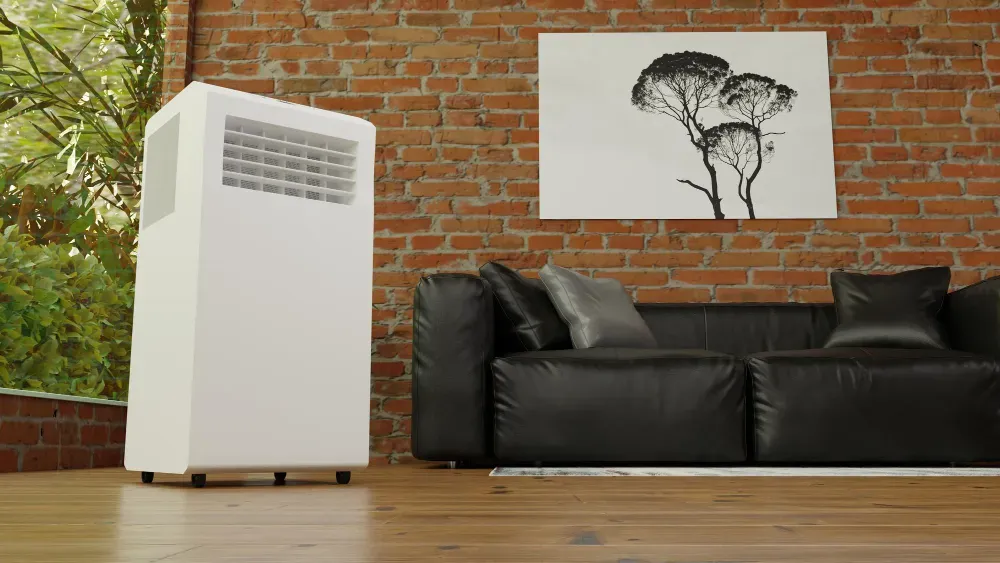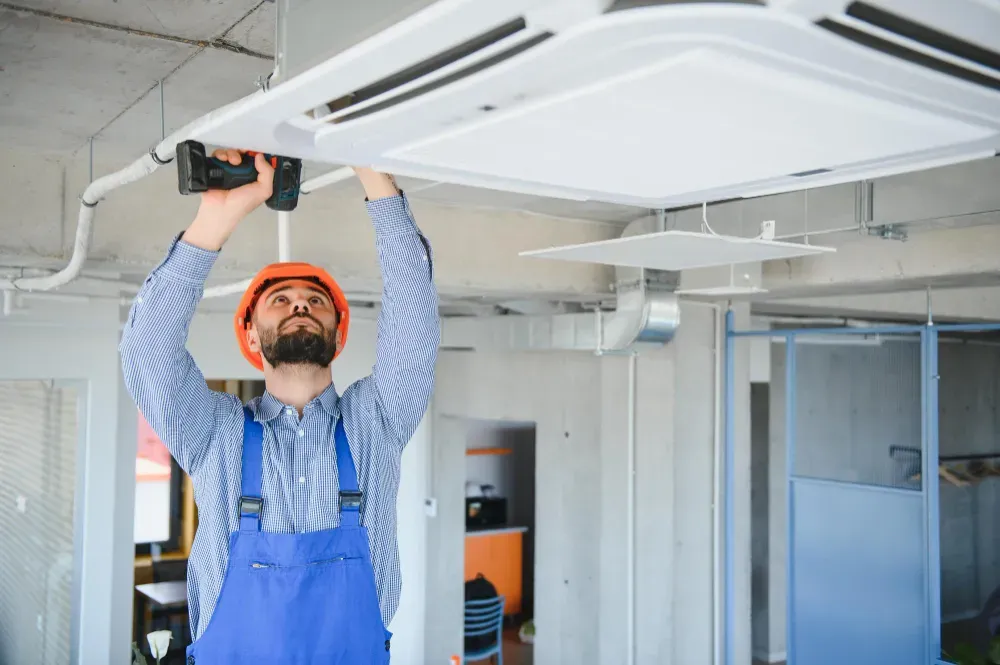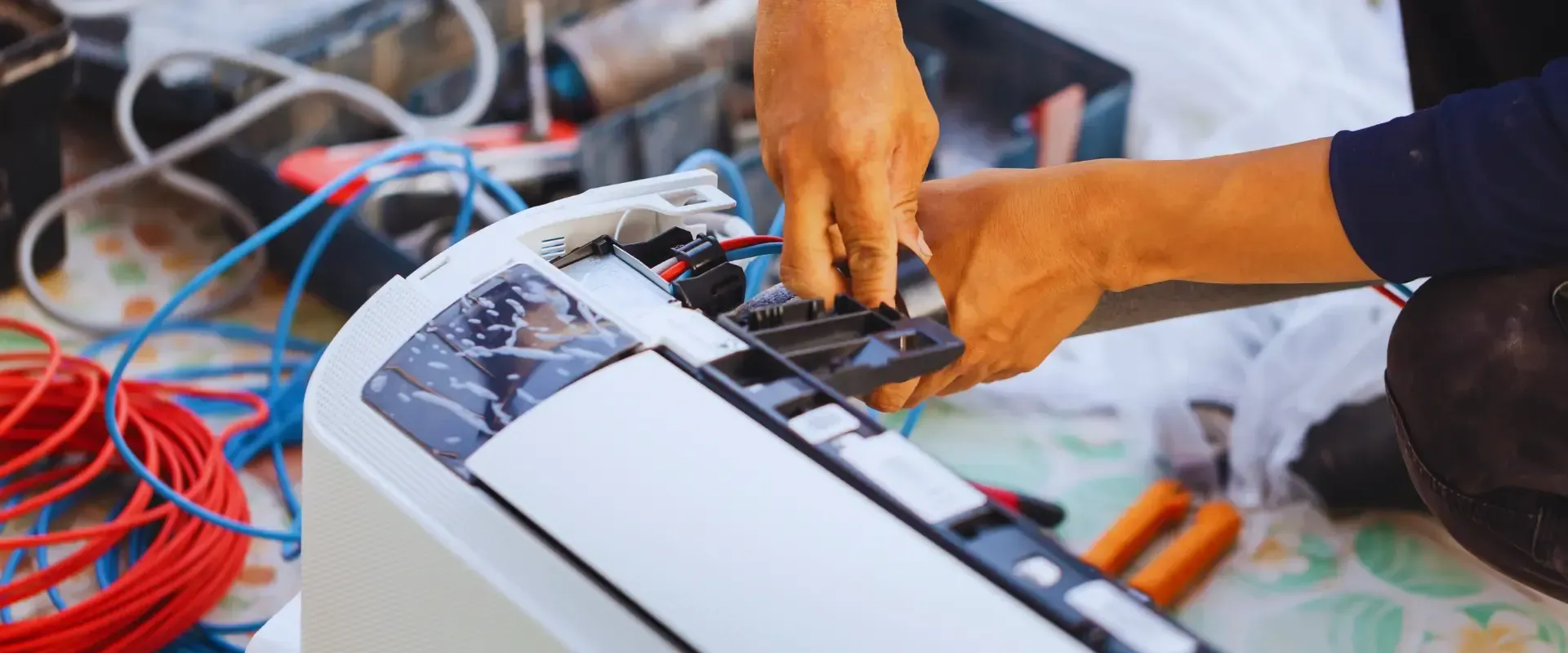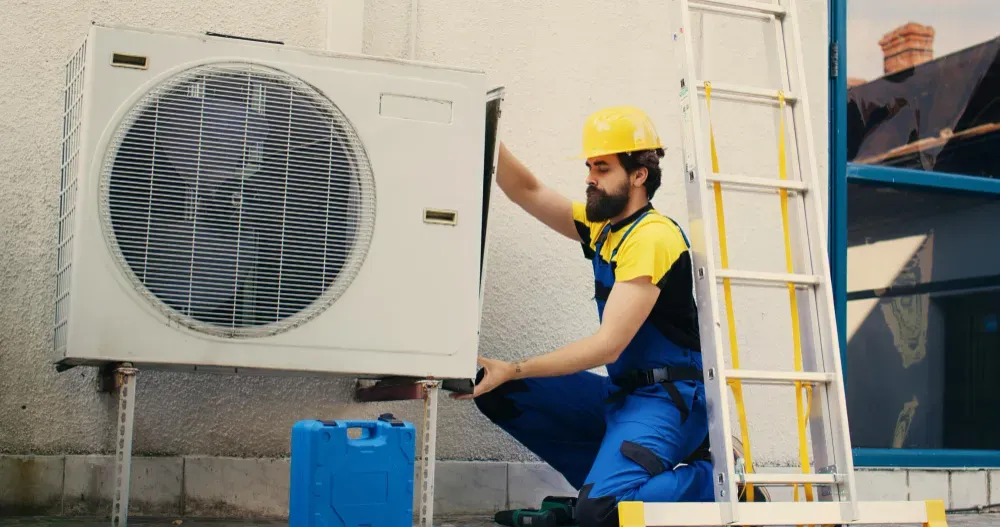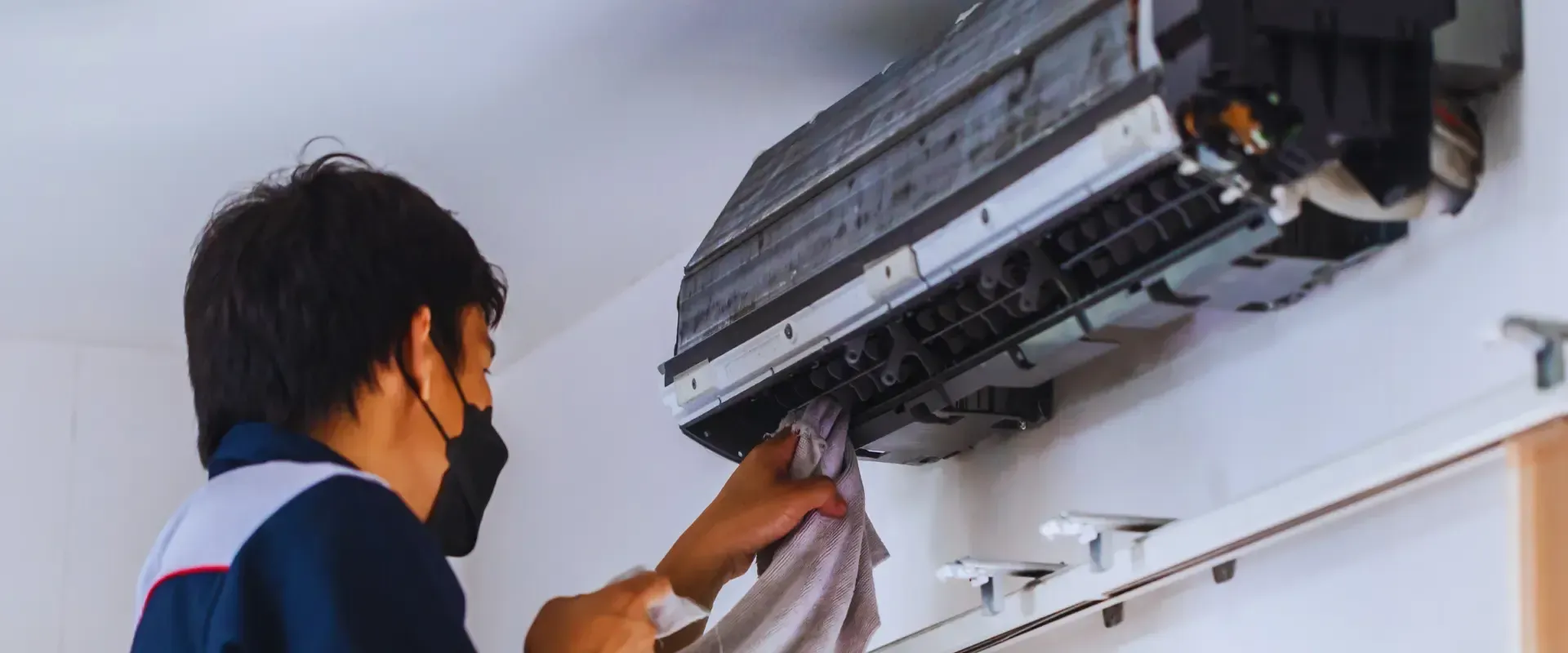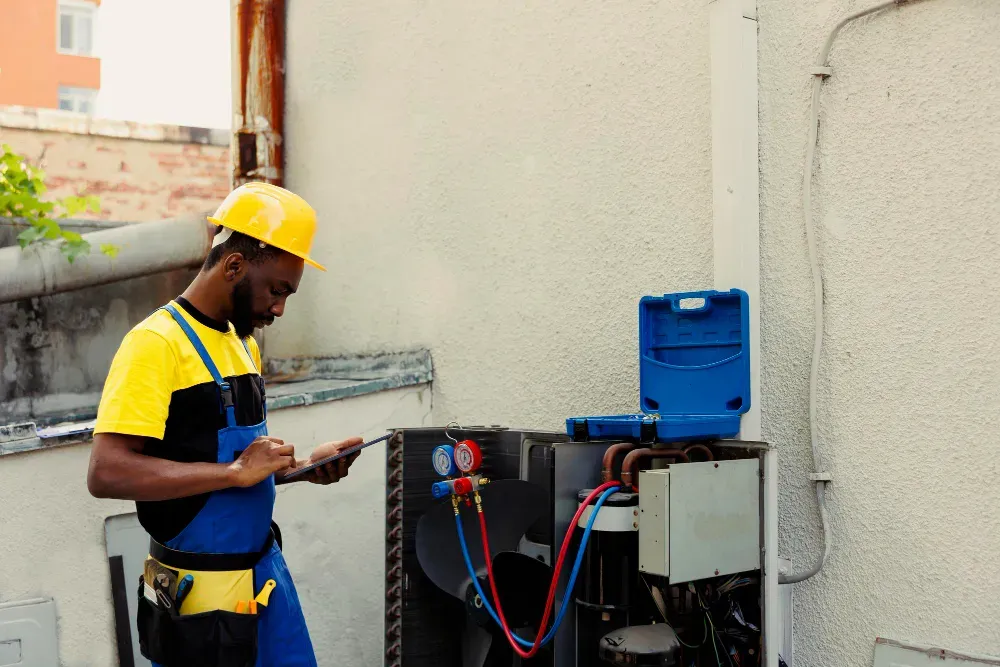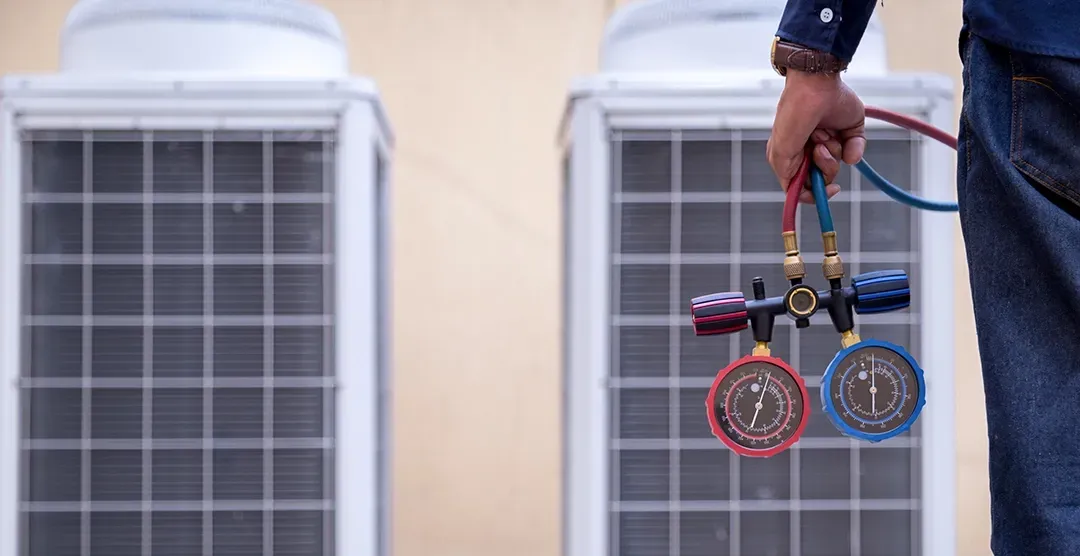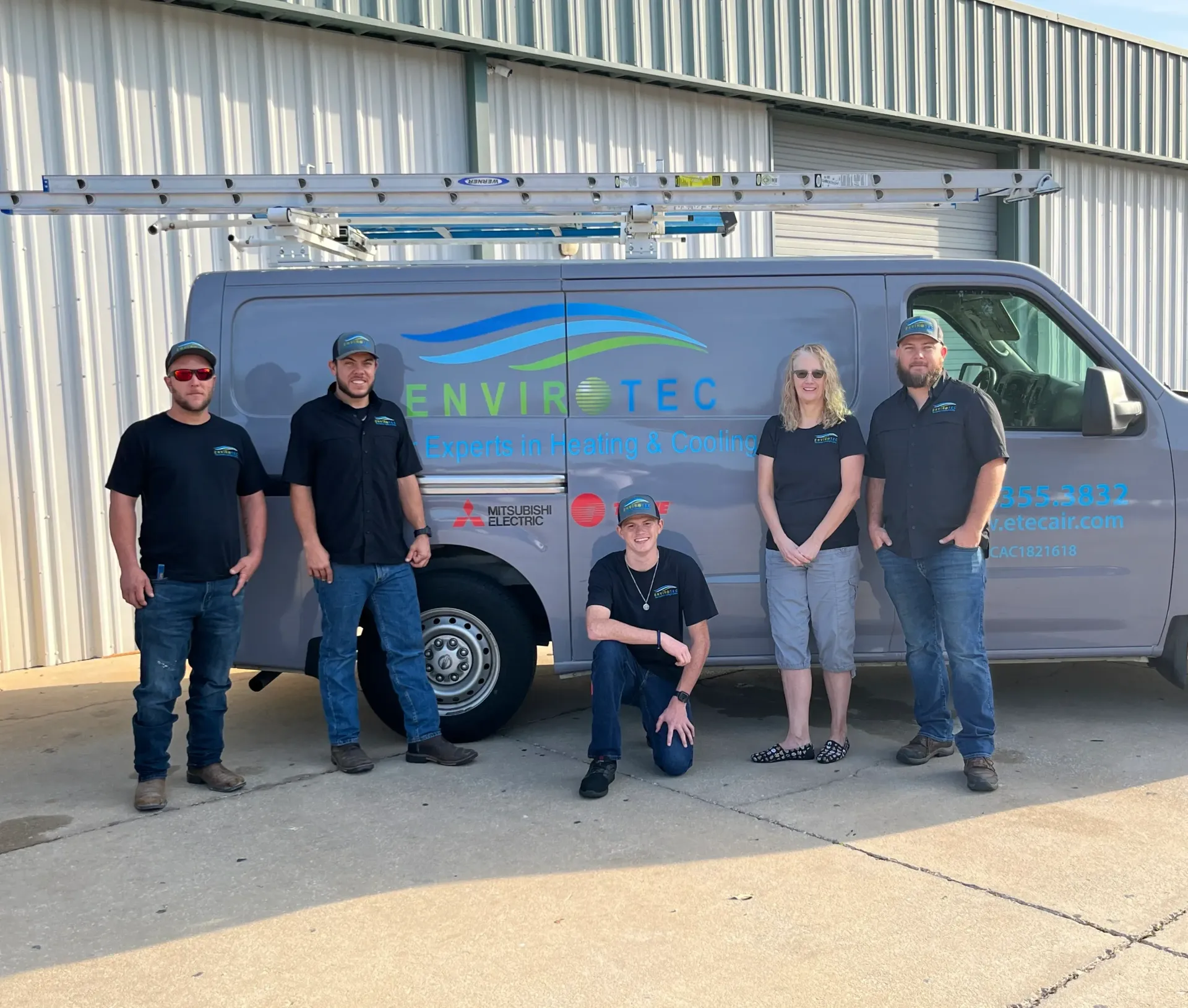Mastering HVAC: Tackling Common Problems and Maintaining a Comfortable Home
As a homeowner, I know how important a well-functioning HVAC (Heating, Ventilation, and Air Conditioning) system is for maintaining a comfortable living environment. Whether it's keeping my home cozy and warm during the chilly winter months or keeping it refreshingly cool during the sweltering summer, my HVAC system is a true unsung hero. However, like any mechanical system, HVAC units can encounter their fair share of problems, and it's crucial to understand how to address them.
In this comprehensive guide, I'll take you on a journey through the world of common HVAC issues and share practical solutions to help you keep your home's heating and cooling systems in tip-top shape. From troubleshooting and fixing specific problems to implementing preventative maintenance strategies, I'll provide you with the knowledge and tools you need to become a savvy HVAC problem-solver.
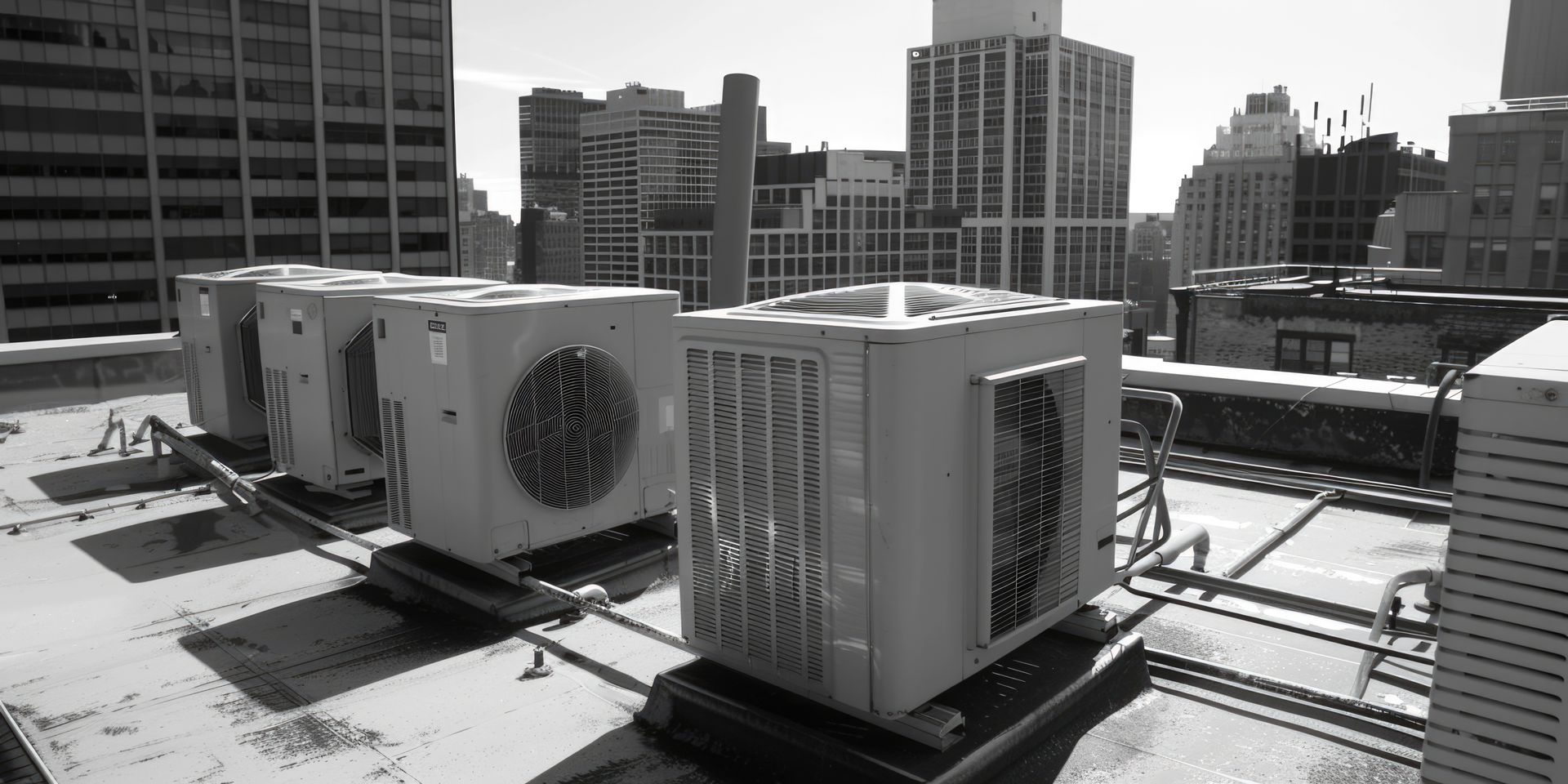
Understanding the Anatomy of an HVAC System
Before we dive into the common problems, let's take a moment to familiarize ourselves with the key components of an HVAC system. At its core, an HVAC system is responsible for regulating the temperature, humidity, and air quality within a building. It typically consists of the following elements:
- Furnace or Boiler: Responsible for generating heat
- Air Conditioner: Responsible for cooling the air
- Ductwork: Distributes the heated or cooled air throughout the building
- Thermostat: Controls the temperature and activates the HVAC system as needed
- Air Filters: Removes dust, pollen, and other airborne particles from the circulating air
Knowing the basic structure of an HVAC system will help you better understand the potential problem areas and how to address them effectively.
Identifying and Fixing Common HVAC Issues
Now, let's dive into the most common HVAC problems and explore practical solutions to get your system back in top shape.
Dirty Air Filters
One of the most frequent HVAC issues I've encountered is a clogged or dirty air filter. Over time, these filters accumulate dust, pet hair, and other debris, which can reduce airflow and strain the system, leading to decreased efficiency and even equipment failure. Fortunately, replacing the air filter is a simple and cost-effective solution. I recommend checking and changing the filter every 1-3 months, depending on the usage and environment.
Thermostat Malfunctions
Another common problem is a malfunctioning thermostat. If your thermostat is not accurately reading the temperature or is not properly regulating the HVAC system, it can cause your home to feel uncomfortable and your energy bills to skyrocket. To address this issue, I suggest first checking the thermostat's batteries and ensuring it's properly calibrated. If the problem persists, you may need to replace the thermostat with a more modern, programmable model that can improve your system's efficiency.
Refrigerant Leaks
HVAC systems rely on refrigerant to effectively cool the air, and a refrigerant leak can severely impact the system's performance. Symptoms of a refrigerant leak may include warm air blowing from the vents, higher-than-normal energy bills, and the HVAC unit running constantly. If you suspect a refrigerant leak, it's crucial to have a professional technician inspect and recharge the system with the appropriate refrigerant type and amount.
Clogged Drainage Lines
HVAC systems also have drainage lines that allow condensation to be removed from the system. If these lines become clogged with dirt, debris, or algae, it can lead to water backups and potential water damage. To address this issue, I recommend regularly inspecting and cleaning the drainage lines to ensure proper water flow.
Malfunctioning Compressor
The compressor is the heart of your air conditioning system, and if it fails, it can be a costly and complex repair. Signs of a failing compressor include the system not cooling properly, strange noises coming from the outdoor unit, and high energy bills. If you suspect a compressor issue, it's best to have a professional HVAC technician diagnose and replace the compressor if necessary.
Electrical Problems
HVAC systems rely on a complex electrical system to function properly. Issues such as loose connections, faulty wiring, or tripped circuit breakers can all contribute to HVAC problems. If you're experiencing electrical issues with your HVAC system, it's essential to have a licensed electrician or HVAC technician inspect and address the problem to ensure safe and reliable operation.
Preventing HVAC Problems through Proactive Maintenance
While addressing the aforementioned HVAC problems is crucial, the best approach is to be proactive and implement a regular maintenance routine. By taking preventative measures, you can extend the lifespan of your HVAC system, improve its efficiency, and avoid costly breakdowns.
Here are some key maintenance tasks I recommend:
- Change Air Filters Regularly: As mentioned earlier, replacing the air filters every 1-3 months is essential to maintain proper airflow and system performance.
- Clean the HVAC System: Periodically cleaning the outdoor condenser unit, indoor coils, and other components can help prevent the buildup of dirt, debris, and corrosion.
- Schedule Professional Tune-ups: Enlisting the help of a licensed HVAC technician for annual or bi-annual tune-ups can identify and address minor issues before they escalate into major problems.
- Monitor for Early Warning Signs: Stay vigilant for any unusual noises, strange smells, or changes in system performance, as these could be early indicators of a developing issue.
By staying on top of HVAC maintenance, you can enjoy a more comfortable, energy-efficient home and potentially avoid costly repairs down the line.
Investing in Energy-Efficient Solutions
As we strive to maintain our HVAC systems, it's also essential to consider energy-efficient upgrades and solutions. Newer, high-efficiency HVAC equipment can not only save you money on your energy bills but also reduce your environmental impact.
Some energy-efficient HVAC options to explore include:
- High-Efficiency Furnaces and Air Conditioners: Look for ENERGY STAR-certified models that boast impressive SEER (Seasonal Energy Efficiency Ratio) and AFUE (Annual Fuel Utilization Efficiency) ratings.
- Programmable and Smart Thermostats: These advanced thermostats can automatically adjust the temperature based on your schedule and preferences, optimizing energy usage.
- Ductwork Sealing and Insulation: Addressing air leaks and improving insulation in your ductwork can enhance the overall efficiency of your HVAC system.
By incorporating these energy-efficient solutions, you can not only lower your monthly utility bills but also contribute to a more sustainable future.
Knowing When to Replace Your HVAC System
While maintaining and repairing your HVAC system is essential, there may come a time when replacement is the best course of action. Typically, a well-maintained HVAC system can last between 15 to 20 years, but factors such as usage, climate, and maintenance can affect its lifespan.
Signs that it might be time to replace your HVAC system include:
- Frequent breakdowns and costly repairs
- Increasing energy bills despite proper maintenance
- Inability to maintain consistent temperatures throughout your home
- Outdated technology that doesn't meet modern energy-efficiency standards
When it's time to invest in a new HVAC system, be sure to research your options, consider the size and specific needs of your home, and work with a reputable HVAC contractor to ensure a seamless installation and optimal system performance.
Partnering with Reliable HVAC Professionals
While some basic HVAC maintenance and troubleshooting can be done by homeowners, it's often best to enlist the help of licensed and insured HVAC professionals, especially for more complex issues or system replacements. These experts have the necessary training, tools, and expertise to diagnose and resolve HVAC problems efficiently and safely.
When selecting an HVAC contractor, I recommend:
- Checking their credentials and licenses to ensure they are authorized to work in your area.
- Requesting references and reading reviews to gauge their reputation and customer satisfaction.
- Obtaining multiple quotes to compare pricing and services.
- Asking about the warranty and guarantees they offer on their work.
By partnering with a reliable HVAC professional, you can have peace of mind knowing that your home's comfort and safety are in good hands.
Conclusion: Proactive HVAC Maintenance for a Comfortable Home
In conclusion, maintaining a well-functioning HVAC system is crucial for ensuring the comfort and energy efficiency of your home. By understanding common HVAC problems, implementing preventative maintenance strategies, and partnering with trusted professionals, you can keep your home's heating and cooling systems running smoothly for years to come.
Remember, a proactive approach to HVAC care is the key to a comfortable, energy-efficient, and worry-free home. So, let's embrace the responsibility of maintaining our HVAC systems and enjoy the benefits of a climate-controlled environment that enhances our daily lives.
Key Takeaways
- Regular air filter replacement is essential to maintain HVAC efficiency.
- Thermostat issues, refrigerant leaks, and clogged drainage lines are common HVAC problems that require prompt attention.
- Preventative maintenance, such as cleaning the system and scheduling professional tune-ups, can extend the lifespan of your HVAC equipment.
- Investing in energy-efficient HVAC solutions can lower your utility bills and reduce your environmental impact.
- Knowing when to replace an aging HVAC system can save you from costly repairs and ensure optimal home comfort.
- Working with licensed and reputable HVAC contractors is crucial for reliable service and peace of mind.
FAQ
Q: How often should I replace my HVAC air filters? A: I recommend replacing your air filters every 1-3 months, depending on factors like the level of use, home environment, and filter type. Regularly changing the filters is one of the easiest and most effective ways to maintain HVAC efficiency.
Q: What are the signs that my HVAC compressor is failing? A: Common signs of a failing compressor include the system not cooling properly, unusual noises coming from the outdoor unit, and higher-than-normal energy bills. If you notice any of these issues, it's best to have a professional technician inspect the compressor and determine if replacement is necessary.
Q: How can I improve the energy efficiency of my HVAC system? A: Some ways to improve HVAC energy efficiency include upgrading to high-efficiency equipment, installing a programmable or smart thermostat, sealing and insulating ductwork, and regularly maintaining the system. These measures can all contribute to lower energy bills and a more sustainable home.
Q:
How do I find a reliable HVAC contractor in my area? A: When searching for an HVAC contractor, look for licensed, insured, and experienced professionals. Check online reviews, ask for references, and obtain multiple quotes to compare services and pricing. It's also a good idea to ensure the contractor provides warranties or guarantees on their work.
